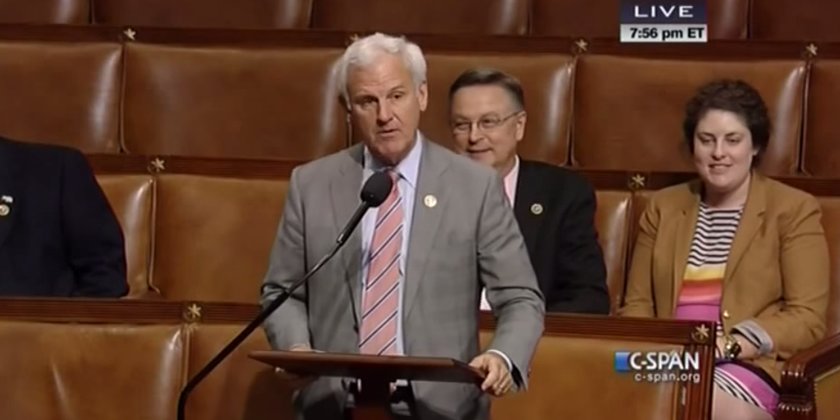
Photo by Max Pixel
A new Alabama law that will regulate the use of virtual currency went into affect August 1. The Alabama Monetary Transmission Act, which was largely drafted by the Alabama Securities Commission (ASC), replaces the outdated Sale of Checks Act which has been in effect since 1961.
The new law will cover electronic transactions, used with virtual or digital currency, including bitcoins.
In its simplest form, Bitcoin is a form of virtual currency that allows users to purchase goods without official tender. Every purchase is digitally logged, leaving a strong audit trail. The flip side of this audit trail is a cashless, digitized currency with no privacy, by which an irrefutable digital record existis of every single piece of transaction one makes.
The IRS treats virtual currency like Bitcoin as property and requires their gains or losses to be reported, but that’s tricky because the value of Bitcoin is always in flux. In other words, since the Fed doesn’t print the currency or sets its value, it’s up to the buyer and seller to determine value. In comparison to credit cards, many sellers prefer Bitcoin transactions because the sellers pay much lower fees than they do on credit cards and buyers like them because there are no credit limits and no hidden fees from sellers without the buyer’s approval. Both buyer and seller have to approve of every single transaction before the deal is done.
According to Forbes,
Although it has very little intrinsic value and was originally worth pennies on the dollar, there is major interest in its underlying blockchain technology due to its decentralized and pseudonymous nature. Bitcoin can be purchased through an online exchange using traditional currency, either whole or in fractions. A digital wallet is needed in order to safely store the Bitcoin due to the possibility of online exchanges being hacked. Private wallets allow users to store Bitcoin and safely create backups on a smartphone or offline. Bitcoin was the world’s strongest currency in 2010, 2011, 2012 and 2013, outperforming even gold. In 2014 it was the world’s worst performing currency.
According to a press release from the ASC, the new law is an attempt to modernize the old one, which “did not adequately address modern technology.” According to the release:
“The Act governs non-banking entities that engage in the business of selling, issuing or otherwise dispensing checks or transfers of money on behalf of individuals who may regularly use these services. The law also covers debt management services that receive money from obligors for the purpose of paying the obligors’ bills or accounts.”
It also provides law enforcement with new tools to fight international financial crimes by establishing criminal penalties for violating the act. However, it exempts certain institutions such as banks, bank holding companies, securities clearing firms, broker-dealers, and government entities.
Senator Arthur Orr and Representative Ken Johnson sponsored the bill which was passed on May 17 and signed into law by Governor Ivey. Senator Orr stressed the impact the law will have on the citizens of Alabama. “The Alabama Monetary Transmission Act represents an important evolution in the regulation of businesses that serve the needs of, and the protection of, many Alabama citizens.”
ASC Director Joseph Borg also acknowledged the importance of the new law in Alabama’s business community and with Alabama consumers.
“This Commission sincerely thanks Senator Orr and Representative Johnson for their sponsorships of this important legislation; and Governor Ivey for signing the bill into law. This significant legislation will help streamline our regulatory and enforcement activities to meet the challenges presented by modern technology, such as the use of cybercurrency, online money transmissions and further assists law enforcement in preventing money laundering and activities involving the illegal international transfer of funds.”
Lawmakers hope that this law is a step in the right direction to modernize the state’s securities regulations. To view the bill in its entirety click here or to view filing requirements pursuant to the act click here.












